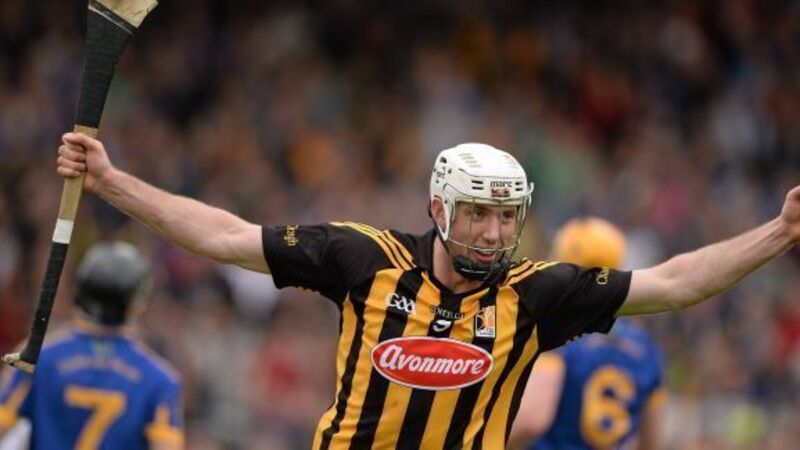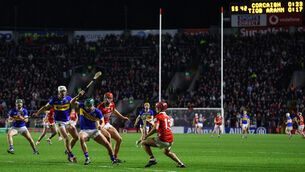To beat Cats, think fast and play like it’s your last

They say that only 50% of marketing works and that they don’t know what 50% it is. I played in five All-Ireland finals. Won the first when I was clueless. Lost the last when I knew it all.
All you can do is sift through the pieces afterwards and wonder what worked and what didn’t. I know that I played Kilkenny four times in finals. Kept clean sheets twice. Conceded a goal each in the other pair of games. We won when we had the clean sheets. We lost when they got goals. Those goals were like a body blow.












